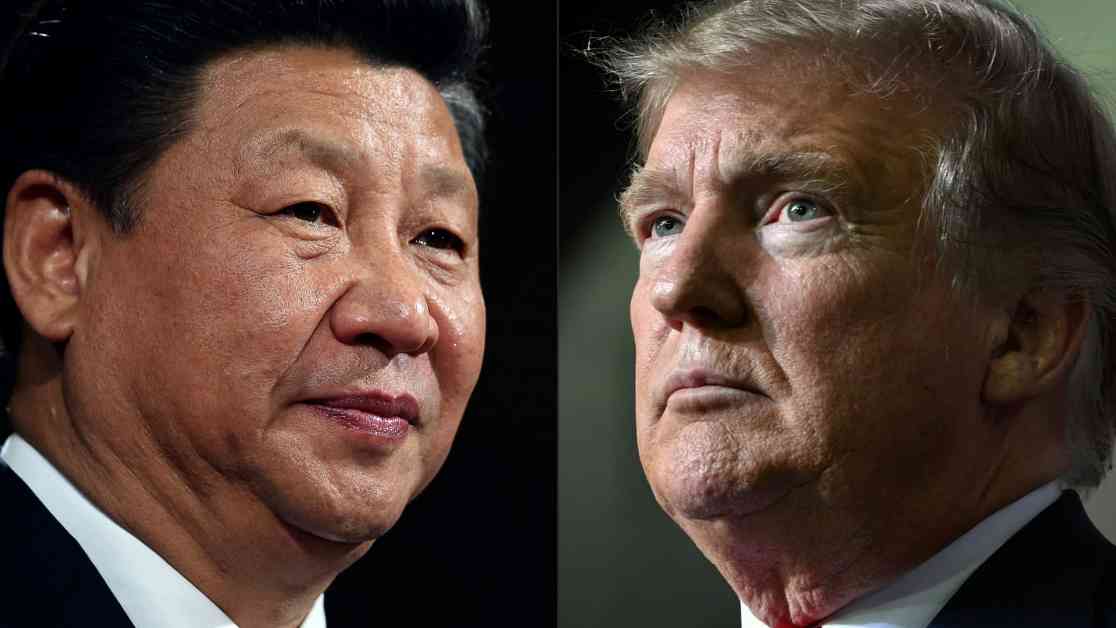China is prepared to retaliate against President Trump’s 10% tariff threat, according to a recent statement from China’s Ministry of Commerce. The escalating tensions between Chinese President Xi Jinping and U.S. President Donald Trump have sparked concerns over the future of trade relations between the world’s two largest economies.
The Ministry of Commerce firmly opposes Trump’s latest tariff threat, emphasizing that China will take all necessary countermeasures to defend its legitimate rights and interests. With the looming threat of increased tariffs on Chinese goods, the Ministry urged the U.S. to return to the path of resolving conflicts through dialogue on equal footing.
Trump’s announcement of an additional 10% duty on Chinese imports on March 4 coincides with the start of China’s annual parliamentary meetings. This move follows the 10% tariffs imposed by Trump on China on February 4 in response to the country’s role in the fentanyl trade, which has contributed to overdose deaths in the U.S.
Expert Insights on Potential Retaliation
Neil Thomas, a fellow on Chinese politics at Asia Society, believes that China’s response may include raising tariffs on select U.S. imports, adding more American firms to its unreliable entity list, and tightening export controls on critical minerals. Despite the escalating tensions, Thomas expects Beijing’s retaliation to be measured, as President Xi Jinping aims to avoid further economic strain on China.
Alfredo Montufar-Helu, head of the China Center at The Conference Board, predicts that China may target industries that matter most to Trump supporters in its upcoming retaliatory measures. While China aims to leave room for negotiations, the country seeks to avoid higher import tariffs and other corrective measures by Washington.
Stephen Olson, a visiting senior fellow at the Institute of Southeast Asian Studies, highlights the potential impact of restricting U.S. access to critical minerals on China’s retaliation strategy. This move could significantly disrupt the global supply chain and pose challenges for the U.S. in sourcing essential raw materials.
China’s Firm Stance
In response to the escalating trade tensions, China’s Ministry of Commerce issued a statement that struck a stronger tone than previous responses to Trump’s tariff threats. The ministry criticized the U.S. for shifting the blame to China on fentanyl issues and denounced the additional tariffs for burdening American businesses and disrupting the global supply chain.
Deborah Elms, head of trade policy at the Hinrich Foundation, highlights the potential consequences of Trump’s tariff escalation on the possibility of a trade deal with China. As the April 1 deadline approaches for the assessment of China’s compliance with the 2020 trade deal, the stage is set for further actions, including reciprocal tariffs.
As the trade dispute between China and the U.S. intensifies, the global economy braces for the potential impact of retaliatory measures and escalating tariffs. The future of trade relations between the two economic powerhouses remains uncertain as both sides navigate the complexities of international trade negotiations.

























